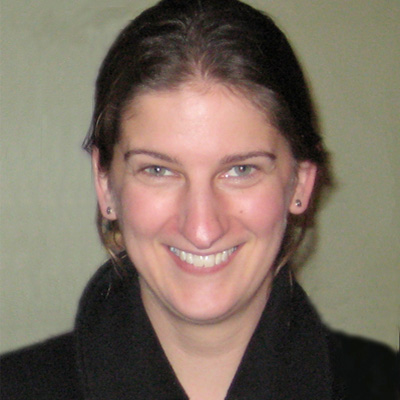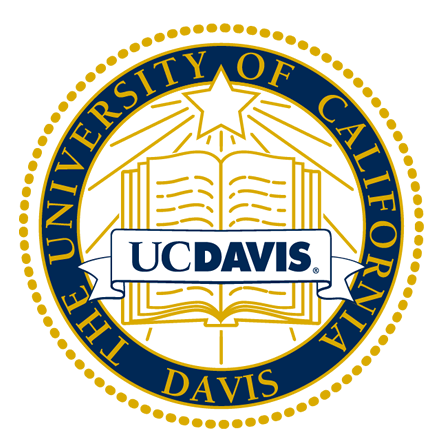Renewable energy for future generations
An increasing need for methods to store and harvest energy from renewable resources has provided significant inspiration for the field of inorganic chemistry in recent years. One area that is of particular interest regarding energy storage and harvesting processes is the study of molecules or catalysts, that chemists use to turn one chemical into another. Using redox reactions, Dr. Louise Berben, Associate Professor of Chemistry at the University of California, Davis, develops catalysts for conversion of molecules that can be used as fuels and for useful energy. Her advanced chemistry allows for the storage of energy in chemical bonds which makes energy storage more efficient than even batteries! Thus, her research is an important step towards ensuring that mankind will be able to maintain current standards of living while reducing the impact of our footprint on the environment.
Although fundamental in nature, Dr. Berben’s research has many practical opportunities that motivate her team’s choice of problem which include, a need for new fuels that can be produced from abundant resources and developing methods where electricity can be stored in the chemical bonds of fuels. Motivated by the hope that we could “live in a way that allows our future generations to also live comfortably in a world and with resources similar to those that we enjoy,” she and her team work tirelessly to invent novel solutions to challenging problems. Dr. Berben’s unique approaches to low energy reaction pathways that convert abundant low energy molecules into valuable resources using renewable energy offer a new and exciting perspective to sustainable energy. Using the most abundant metals, all being found in the US, she and her team can produce applications that will work well into the future without being reliant upon materials that are insecure, expensive, or hard to get. Furthermore, her methods produce materials that are stable over long time periods, and functional in a variety of environments including exposure to water and corrosives; in fact, she and her team have had incredible success despite the challenges of only using abundant metals!
Current research includes:
-
Transforming CO2 into Fuel: Dr. Berben is researching how to transform CO2 into fuels and commodity chemicals using sustainable catalysts and these efforts will someday reduce our dependence on fossil fuel-derived petroleum products. By using sustainable catalysts, experiments rely upon materials that are cheap, abundant, and allow for chemical processes to be performed with minimal generation of waste products.
-
New Materials for Renewable Fuel Production: Dr. Berben is developing new porous materials, hybrids between heterogeneous and homogeneous materials, for applications in electrochemical fuel production. By understanding the relationship between electronic structure and redox behavior, she and her team can make processes more efficient, and develop new chemical methods for energy storage and harvesting.
-
Fundamental Aluminum Chemistry: The synthesis of redox-active ligand complexes of aluminum has become an important research area within Dr. Berben’s group. In order to look for new catalysts, new properties must be designed into new molecules to make them do what researchers want them to do. Dr. Berben’s work helps to do just that. Potential future applications for this fundamental chemistry include energy storage, chemical synthesis, and reaction mimics for biological processes.
Bio
Dr. Louise Berben’s interest in chemistry came from simply enjoying chemistry during high school. She enjoyed the hands-on work and problem solving. At that time, Dr. Berben did not connect chemistry with being an academic. However, what she did know was that chemistry was fun and it inspired her curiosities in the discovery of new phenomena. This view of chemistry has remained true throughout her development as a chemist and is now what motivates her towards innovative research discoveries.
Dr. Berben’s current choice of problems to study are motivated both by more practical goals and by fundamental goals. A lot of her work involves making new molecules and in doing this, she and her team are looking for molecules with fundamentally unusual structures. These unusual structures result in molecules that can perform new reactions, or perform reactions differently than what was previously known, and then these chemical reactions can be a very practical solution to important problems.
Aside from research, in her free time, Dr. Berben enjoys hiking and spending time with her family and friends. She maintains a California native plant garden at her home.


